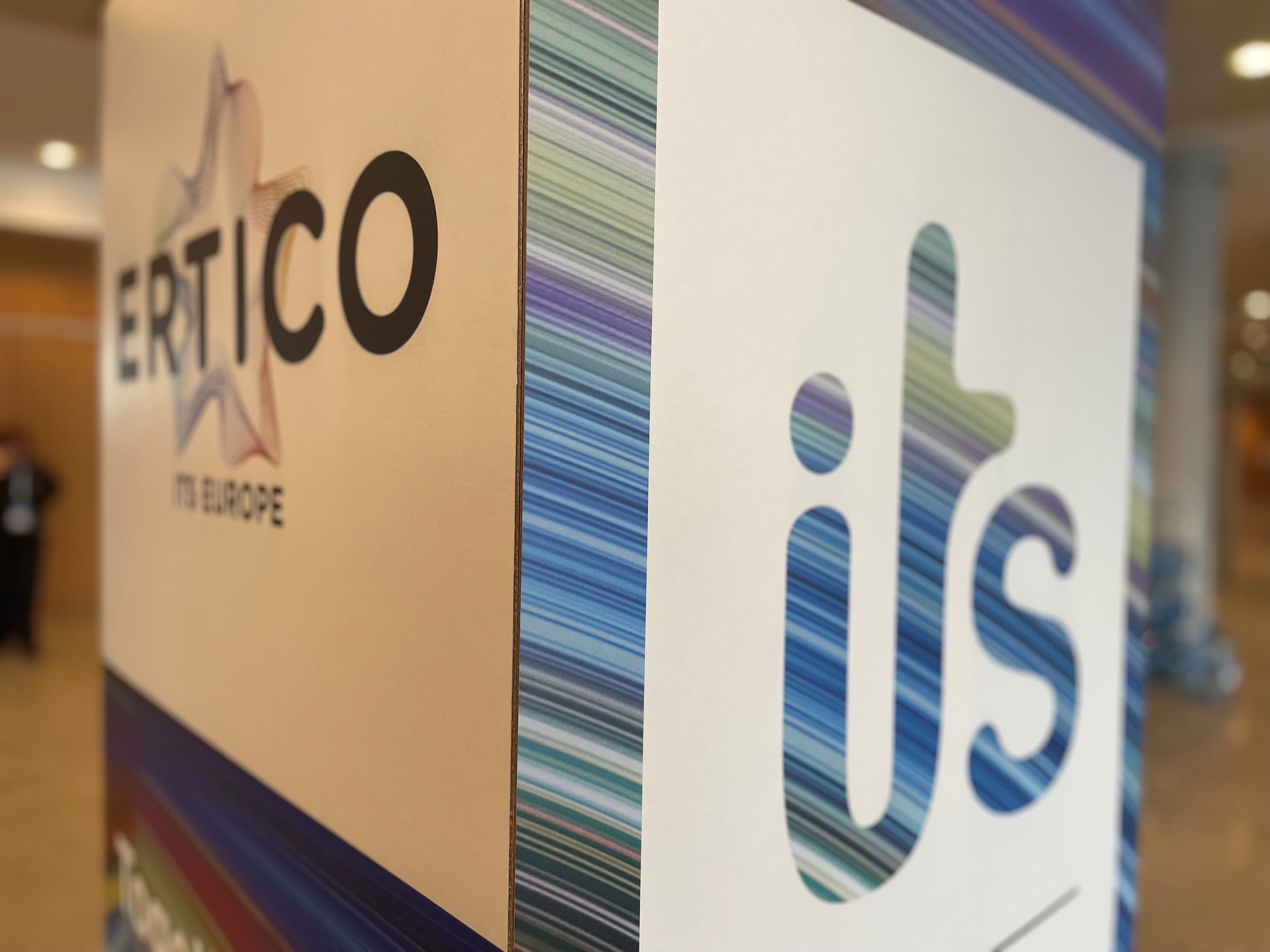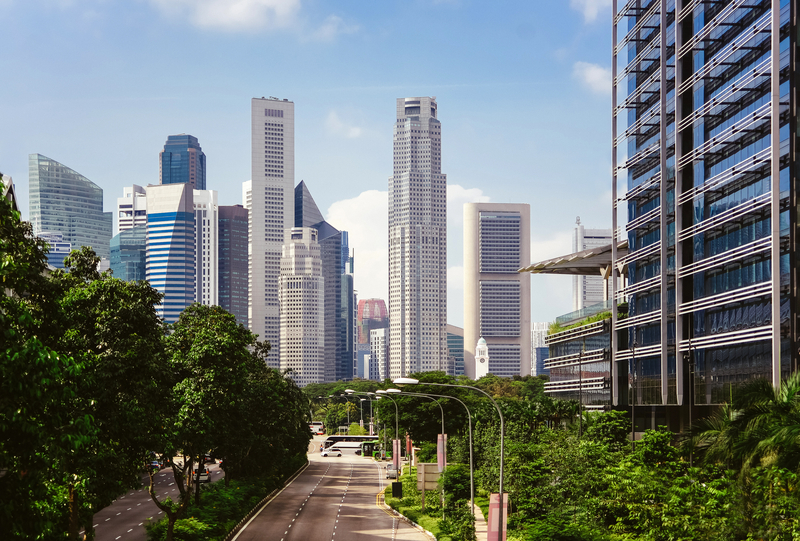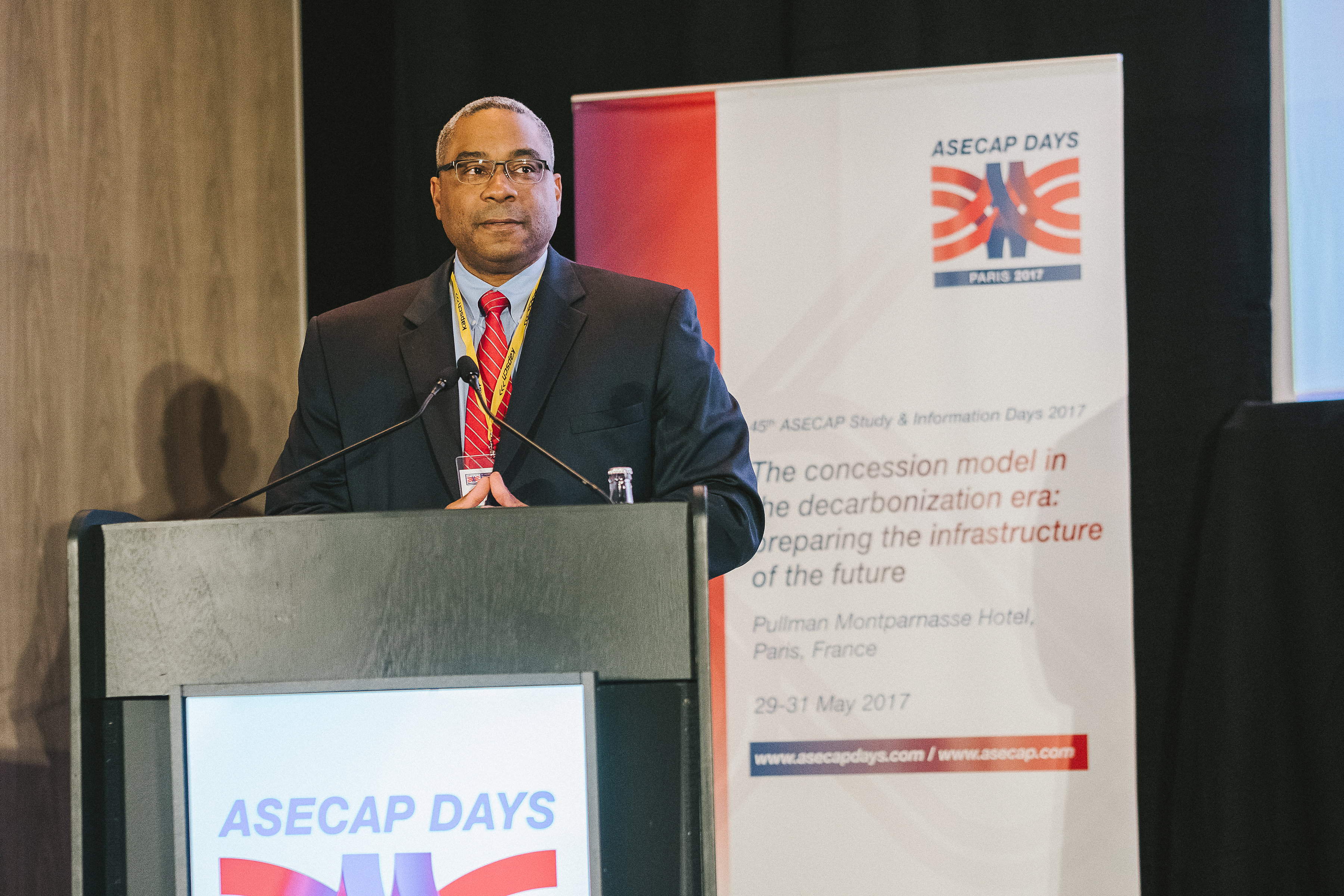The conditions for a successful transition to electrification as an alternative to fossil-fuel powered vehicles were the main focus of the fourth European Electromobility Stakeholder Forum.
Three European Commission flagship projects on electromobility, FREVUE, I-CVUE and ZeEUS organised this key annual event in Brussels this week, which brought together over 200 representatives from government, industry, academia, and other stakeholders.
Opening the event, Magda Kopczynska, director for Innovative
The conditions for a successful transition to electrification as an alternative to fossil-fuel powered vehicles were the main focus of the fourth European Electromobility Stakeholder Forum.
Three1690 European Commission flagship projects on electromobility, FREVUE, I-CVUE and ZeEUS organised this key annual event in Brussels this week, which brought together over 200 representatives from government, industry, academia, and other stakeholders.
Opening the event, Magda Kopczynska, director for Innovative and Sustainable Mobility at the European Commission stressed the need to look at transport in a systemic way: “We cannot address any of the challenges we face with one solution or one concept only, “she said. “The great transport disruption will not be autonomous vehicles, but rather autonomous, electric and shared vehicles".
Following the introduction, over 50 speakers shared their experiences, results achieved so far and remaining challenges. Key hurdles include the standardisation of charging infrastructure as well as current regulatory frameworks that can significantly slow down the electrification of transport modes. On the other hand, exciting opportunities and synergies between the modes were discussed, such as urban design and multimodal and interoperable charging infrastructure.
"Electrification of transport is a key enabler for imagining new concepts - like building an indoor bus stop where passengers' shopping would be delivered by electric freight to enhance passenger's experience. This approach confirms that the prominent need for the Forum to exist and to offer great cross-sector exchanges,” highlighted Ulf Gustafsson from609 Volvo.
Three
Opening the event, Magda Kopczynska, director for Innovative and Sustainable Mobility at the European Commission stressed the need to look at transport in a systemic way: “We cannot address any of the challenges we face with one solution or one concept only, “she said. “The great transport disruption will not be autonomous vehicles, but rather autonomous, electric and shared vehicles".
Following the introduction, over 50 speakers shared their experiences, results achieved so far and remaining challenges. Key hurdles include the standardisation of charging infrastructure as well as current regulatory frameworks that can significantly slow down the electrification of transport modes. On the other hand, exciting opportunities and synergies between the modes were discussed, such as urban design and multimodal and interoperable charging infrastructure.
"Electrification of transport is a key enabler for imagining new concepts - like building an indoor bus stop where passengers' shopping would be delivered by electric freight to enhance passenger's experience. This approach confirms that the prominent need for the Forum to exist and to offer great cross-sector exchanges,” highlighted Ulf Gustafsson from









